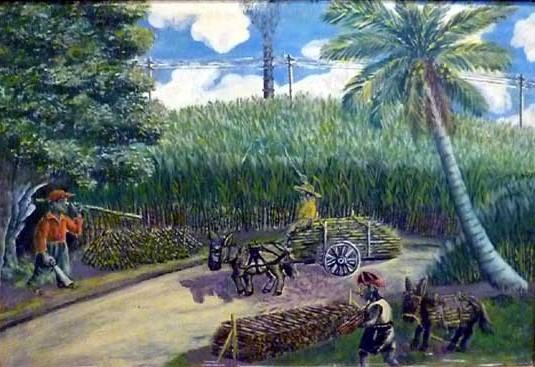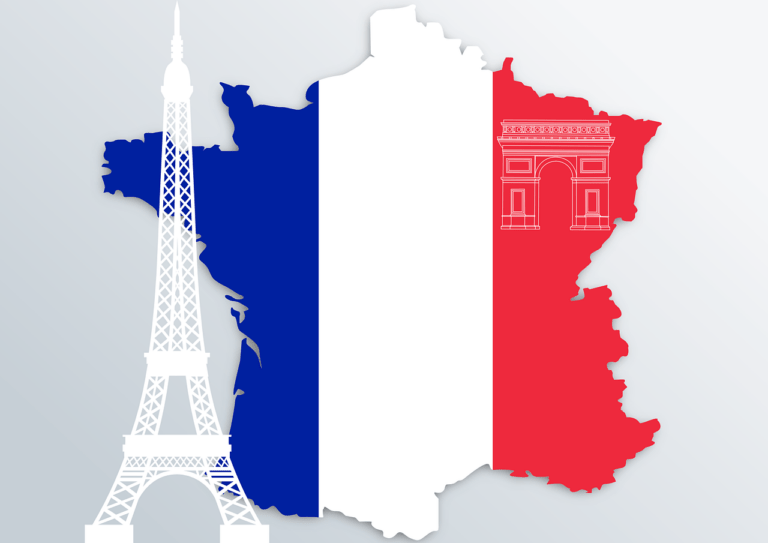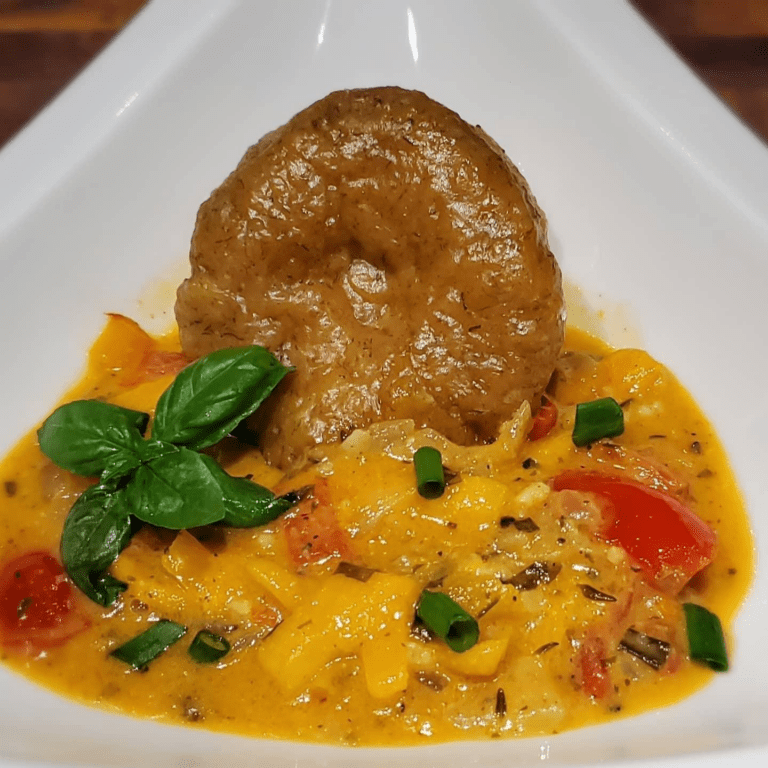Inexplicable conflict in Burkina Faso

The Al-Qaeda backed attacks against civilians in Burkina Faso started in 2015. This mysterious conflict, the origin of which no one can pinpoint, seems to have come to stay. This tragic development is macabre and damaging since, prior to this, Burkina was one of the most peaceful and stable countries in West Africa. The UNHCR would send refugees there for their safety, international summits would be hosted in Ouagadougou, the capital city. That endured to such an extent that both national and international opinion accused the then president, Blaise Compaoré, of pretention, someone who is interested in the image of his country in the eyes of international observers, rather than engaging the problems in the country. He certainly was a stooge of France, but violence was not known in Burkina, and no one could have predicted the current descent into hell.
When the Jihadist attacks burgeoned in 2015, many thought that it would be a brief period of instability, but, unfortunately, events took a completely different turn. The tragedy grew in magnitude. The national authorities lost control of more than half of the national territory, several thousands of people were killed, and an equally colossal number were internally displaced. Two coups d’état were caused by the lack of security since the army found the civilian regime of former President Roch Kaboré to be either incapable of defeating the terrorists or indifferent to the woes of the population. The second pronunciamento, that of September 2022, brought to power a young army officer who initiated a heated battle against that violent canker, and, for some time, the terrorists were being defeated. They were killed in large numbers by both regular soldiers and civilian volunteers with sophisticated weapons purchased from Russia. All in all, the arrival of Captain Ibrahim Traore on the political scene gave hope to the Burkinabè and those who are concerned by the security situation in the country. All niches and caches of pro-Jihadist combatants and their logistics were severely destroyed. France and the UN experienced a sudden shake up in their relations with Burkina, since many paths of terrorist activities were traced to France and the UN.
What happened on 20 April 2023 took almost all by surprise: the media reported that 147 persons were rounded up and executed by the Burkinabè army. That set minds racing wildly. Is the Burkinabè army now killing those whom it is their duty to protect? Others were wondering if a pro-terrorist faction had emerged within the Burkinabè army, and many more speculations were made. The unforeseen carnage is one of those cruel brutalities that are classified in general as ‘indescribable crimes’.
This is a summary of the events of that early morning in Karma, a village in the north of the country: “On 20 April, in Karma, a village 15 km from Ouahigouya in the north of the country, elements of the Burkinabè Amy entered the village at 7.30 in the morning, in what villagers believed to be a routine patrol. The soldiers rounded the inhabitants up, collected their identity documents, and then shot the villagers at point-blank range, killing at least 147 people, including 45 children. The victims hailed from several neighborhoods,. The attack lasted from 7.30 in the morning until 2:00 in the afternoon.” It was a real “stab in the back” because the national army had gradually succeeded in gaining the trust and support of the civilians. So, seeing national troops in the vicinity rather made the civilians think that their most reliable allies and protectors were around.
The April 20 encounter was one of betrayal as the perpetrators seemed to be troops belonging to a special and well-known unit of the army – the 3rd Battalion of the Rapid Intervention Brigade (BIR).
Amnesty International tried to make sense of this deadly fracas. Exchanges with survivors revealed that the soldiers executed the civilians because they believed these civilians, some days before, had facilitated the movement of Jihadist groups that attacked the army and Volunteers for the Defense of the Homeland (VDP). The fact that the perpetrators insisted on checking the IDs of the civilians before shooting them certainly meant a lot: did they want to make sure they were face-to-face with Burkinabè civilians and not Al-Qaeda terrorists? Were these elements of the 3rd BIR some sympathizers of the Jihadists, on an execution operation against Burkinabè civilians who rather needed help? Had this unit of the Burkinabè national army turned against their civilian compatriots? Or were the soldiers retaliating against civilian populations whom they thought had facilitated the passage of Jihadist terrorists and, as such, they were to pay for that act? The following lines seem to buttress that last hypothesis: “When they [the military] arrived, they asked to check our IDs. Then they told us to bring out the women and children so that they could check theirs too. They gathered us together to speak to us. They asked us why we were still in the village, when surrounding villages were deserted. We said that it was the terrorists who had ordered the inhabitants of those villages to leave. They hadn’t given us any such ultimatum, and we didn’t want to leave our land. And they [the military] said, ‘Since you fear the terrorists more than us, we’re going to treat you like the terrorists do.’ (…) They told the men to remove everything they had on them (mobiles, IDs and money), and then they surrounded us and indicated to certain people that they should go to a given place”. The civilians were all shot on the indicated spot. Was the carnage of Karma then a barbaric blind and illegal act of military vengeance?
The scars are deep and indelible and the trauma doubtlessly left innocent people incapacitated for life as one of the few survivors states: “I managed to survive by covering myself with the blood of the bodies that were right next to me. It was the Burkina Faso military that committed this massacre. A man who saw his 72-year-old brother and many other victims being shot says he finds it difficult eating. He is shocked, traumatized and cannot come to terms with the pain. He adds that seeing the bullet-ridden bodies of women and children, made him cry and vomit”.
Serious investigations must be conducted since this sudden brutal and ambiguous twist might be hiding other dangerous intentions.
Moussa Traoré is Associate Professor at the Department of English of the University of Cape Coast, Ghana.







I think it is high time we put all our indifference and embrace our rich cultural values i.e. peace, unity, love, harmony, and togetherness. Also, we need to decolonize our minds from this white mentality and see to it that we are the embodiment of peace. We, Africans, should value our rich cultural practices. AFRICA, RISE AND EMBRACE THE PEACE & LOVE WE ONCE HAD.
At the very on set you said the
origin of the conflict in Burkina Faso can’t be pin pointed? O! Yes it can.
In Burkina Faso and indeed elsewhere where there are conflicts and rebellions I keep saying it’s as a result of disorder and bad systems.
If there are good systems and order no one will take to arms to kill his fellow in the form Burkina Faso and it’s type has it. Go to the West and see if there are rebels and conflicts of our kinds.
Yes. We can blame the West and the UN. But they help to facilitate the conflict in other to take advantage.
But we allowed it. If we say no they wouldn’t influence us.
Let there be order, love and systems there would be no conflict and rebellions and indeed Al kaeeda, ISIS, Boko Haram etc. Absolutely.